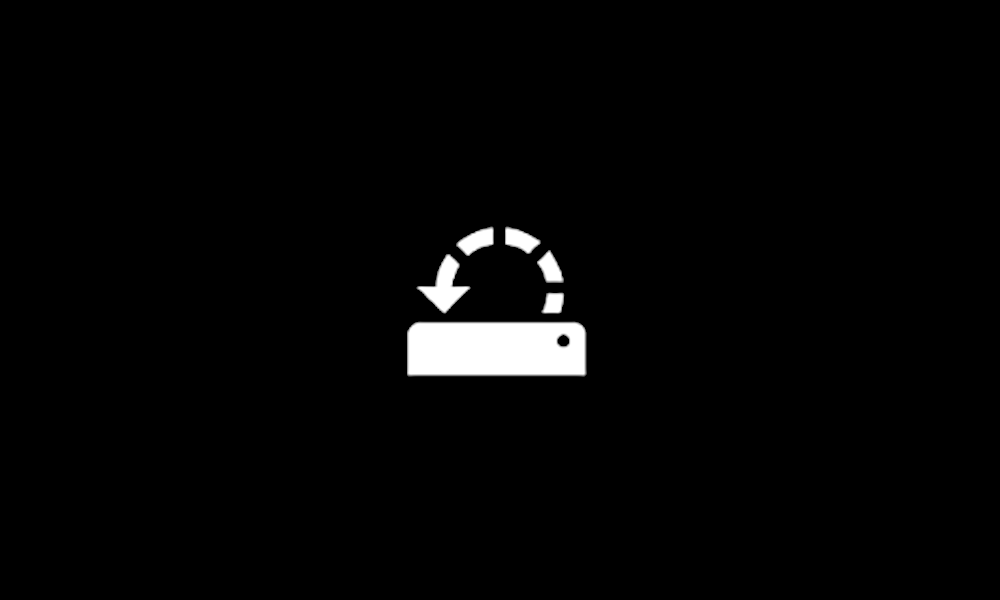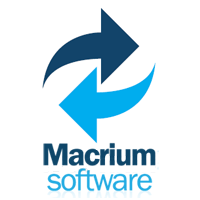There are multiple Lenovo diagnostics.
Which one was selected?
What tests were selected?
What tests were not selected?
If possible run the Lenovo UEFI hardware diagnostics > take pictures with a camera or smart phone camera > post a share link into the newest post with only the Lenovo UEFI hardware diagnostic results.
1) Please boot to safe mode with command prompt (shift + restart) > type: chkdsk /b /v C:
This tutorial will show you how to boot Windows 11 into normal mode, Safe Mode, Safe Mode with Networking, or Safe Mode with Command Prompt. Safe mode starts Windows in a basic state, using a limited set of files and drivers. If a problem doesn't happen in safe mode, this means that default...

www.elevenforum.com
C:\WINDOWS\system32>chkdsk /b /v C:
The type of the file system is NTFS.
Cannot lock current drive.
Chkdsk cannot run because the volume is in use by another
process. Would you like to schedule this volume to be
checked the next time the system restarts? (Y/N)
Type: Y
Reboot
Run overnight while sleeping.
2) Please post a new V2 share link into the newest post. (not into the opening post)
The Lenovo diagnostics reported some drive test results.
The laptop appears to have malfunctioning hardware.
For indirect verification the computer stability / instability can be tested with either or both Windows Driver Verifier (WDV) and safe mode.
3) Read this link on Windows Driver Verifier (WDV):
How to Enable and Disable Driver Verifier in Windows 10

www.tenforums.com
Learn the methods to recover from using the tool by booting into safe mode and running one or more of these commands:
verifier /reset
verifier /bootmode resetonbootfail
4) Make a new restore point:
This tutorial will show you how to manually create a restore point in Windows 11. Turning on system protection for a drive allows System Restore to include the drive when restore points are created so you can undo undesired system changes by reverting to a previous point in time. System...

www.elevenforum.com
5) Start WDV with these settings:
a) Select all non-Microsoft drivers
b) Select no Microsoft drivers
c) Start the WDV testing with the 3 customized tests in the TF tutorial
6) Plan to run WDV with various customized tests for approximately 48 hrs
7) If there is no immediate BSOD when WDV is started then open administrative command prompt and copy and paste:
verifier /querysettings
Post a share link into the newest post with only the querysettings results.
8) For any BSOD post a new V2 share link into the newest post with only the V2 log collector results.













